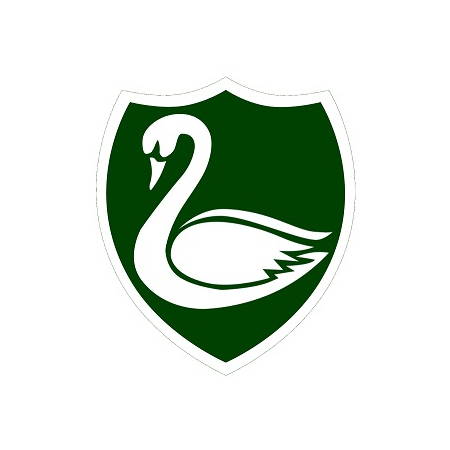PSHE and RSE
At Godstone Primary and Nursery School, we uphold the PSHE Associations belief that through an excellent PSHE (personal, social, health and economic) curriculum, children will develop the knowledge and skills to ‘embrace the challenges of creating a happy and successful adult life… that will enable them to make informed decisions about their wellbeing, health and relationships and to build their self-efficacy’.
Our PSHE curriculum is fundamentally linked to our schools’ core values of:
- Pride
- Responsibility
- Respect
- Ambition
- Compassion
Intent:
- To prepare all children for the modern world enabling them to develop and maintain:
- God mental health including resilience and self-esteem
- Healthy relatinships
- Mutual respect
- Tlerance for one another and empathy
- Ecnomic independence
- Understand cnsent
- Raise expectatins
- Risk management
- Knwledge and skills to stay safe on and off-line
- Knwledge and vocabulary regarding their body
- Team wrking
- Critical thinking
- Imprved life changes-including careers and healthy relationships
- To recognise and speak out regarding any safeguarding and child protection issues
Our PSHE and RSE curriculum reflects the community and world in which we live in and instils a culture of respect in line with our core values
Implementation
- Embedding a broad and balanced curriculum that is taught consistently throughout the school
- New learning builds on previous learning, year on year
- PSHE/RSE is taught on a weekly basis by class teachers
- Every class has a weekly ‘circle time’ during our Thursday assembly slot. To address issues pertinent to the class or to complement PSHE/RSE learning
- Each new module begins with an assessment to enable the class teacher to build on next steps and address any gaps in their knowledge. That the module ends with another assessment to demonstrate progress.
- For teachers to highlight steps progress for PSHE & RSE on a termly basis
- Invest in resources and enrichment opportunities to complement our curriculum
- Pupil voice survey and staff audit to assess training and development needs within the subject
- Capitalising on links across the curriculum including, but not limited to; science, computing, R.E. and English
- Opportunities within assemblies and other school activities help support the PSHE & RSE curriculum, including the use of our Core Values
Impact
- Children’s knowledge in each core area of PSHE and RSE builds and develops as they move through the school
- For all children to make good and sustained progress and attainment in this subject
- Children can articulate how the teaching within PSHE and RSE can support them throughout life
